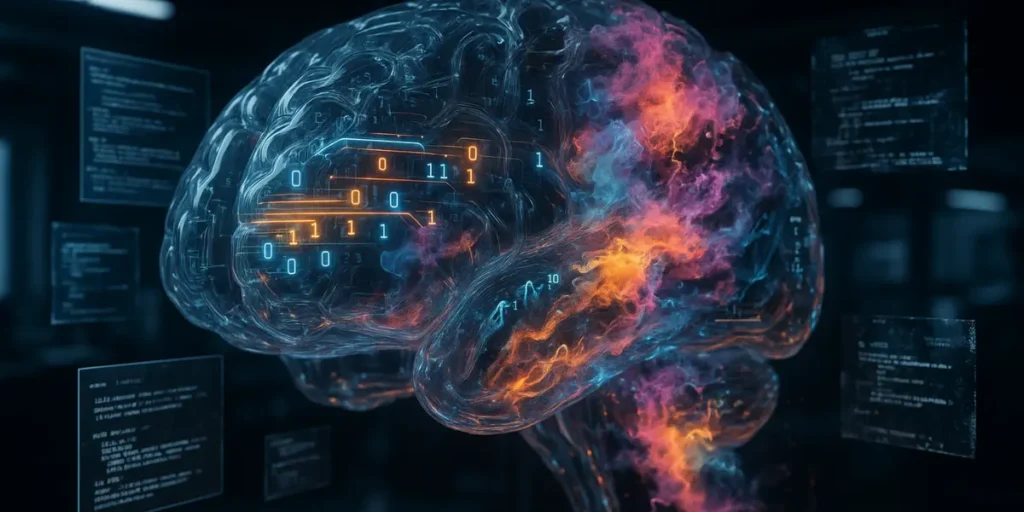AI chatbots are becoming common in classrooms, offices, and homes, but they often create false information, known as “hallucinations.” These hallucinations can sound convincing, even though they are completely inaccurate. OpenAI has figured out why this happens and offers a solution to fix AI hallucinations, making AI more reliable and trustworthy. So, read ahead to dive into the complete details about the fix proposed by OpenAI.
New Approach For AI Hallucinations Fix

OpenAI’s recent 36-page study, co-authored with Georgia Tech’s Santosh Vempala, reveals the root of AI hallucinations. The issue lies in how AI models are tested. Current benchmarks reward chatbots for answering every question, even if they guess wrong. This encourages confident but inaccurate responses. Instead, OpenAI suggests a new scoring system to fix this.
Key Changes Proposed:
- Penalize Wrong Answers: Models lose points for confident but incorrect responses.
- Reward Caution: AI gets credit for saying “I don’t know” when unsure.
- Improve Accuracy: Early tests show cautious models score higher, with one answering half the questions but getting 74% right, compared to another that answered most but hallucinated 75% of the time.
Also Read : Perplexity AI Statistics: $18B Valuation, 22M Users & Growth
This AI hallucinations fix could transform how chatbots work. Instead of making up sources or stats, they’ll admit uncertainty. This builds trust, saving users from fact-checking every response. OpenAI’s approach pushes for accuracy over flashy, unreliable answers, making AI tools more dependable for daily use.
The study marks a big step toward trustworthy AI. If adopted, this method could set a new standard for chatbot performance. Users can expect more honest and accurate answers, reducing the risks of misinformation. OpenAI’s work shows a clear path for AI hallucinations fix, paving the way for smarter, safer technology in the future.
More News To Read: Google AI Max for Search Hits Global Beta





